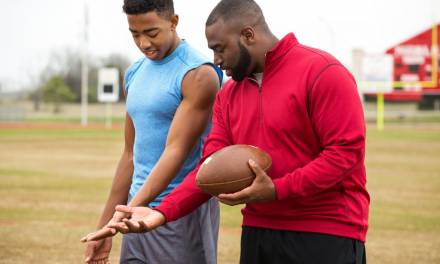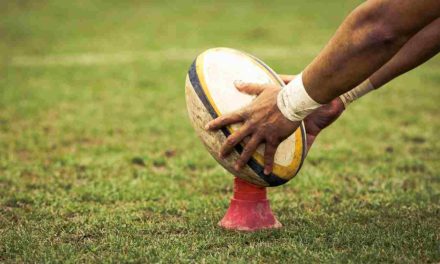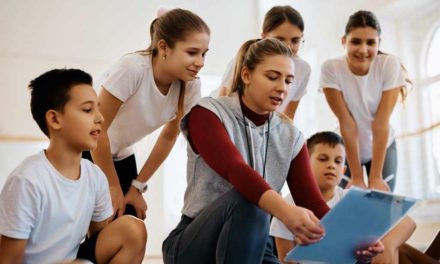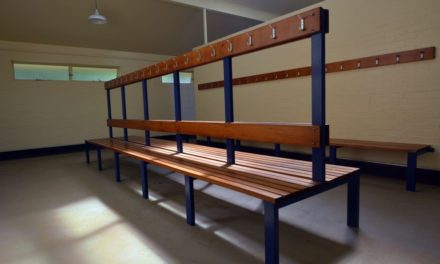It’s a universally accepted fact that sports performance can be positively impacted by mental preparedness and fortitude, and that visual imagery can hand sportspeople a competitive edge (just as it does for Wayne Rooney, Jonny Wilkinson and Andy Murray).
Yet despite this, most coaches focus much of their training efforts on physical aspects. Too tough, too complex, too unscientific? Actually, mental preparation has plenty of science behind it, and it’s far simpler to harness than you may have previously thought.
Reinforce a positive mental attitude
A positive attitude – it can be tough to develop and even tougher to maintain. Key to this can be positive self-talk.
Teach your pupils to use this tool: tell them to imagine they are encouraging a best friend in their endeavours, and use it in a way that regulates thoughts, feelings and behaviours.
Rapidly you can find students that become their own best advocates and exceptional at addressing their self-doubt.
Imagine. Visualise.
The more an athlete can image the entire package, the better it’s going to be
First things first – mentally running through the sport, over and over, in a way where good practice is in place and a good performance is visualised has been scientifically linked to improvements in training and competition.
Some sportspeople do this whilst involving physical actions, such as swinging their arms, or walking forward, others practice at night, alone.
Visualization, for me, doesn’t take in all the senses. You have to smell it. You have to hear it. You have to feel it, everything.
Mentally walk your students through the steps to winning so that they can see a clear route to victory and what is needed to achieve it.
Encourage your students to find their own mental tactics
Inspire them with tales of how the best sportspeople in the world prepare – such as Mo Farah’s caffeine hit, or Jimmy White’s practice of standing behind curtains, alone, for 15 minutes before every game.
Mo Farah drinks a couple of espressos before a race, to reduce mental fatigue
Every student will have their own way of working towards the level of mental preparedness that great sportspeople achieve. There is no right or wrong – you can offer examples and suggestions but, in the end, they have to make that final decision about what works for them.
Avoid a negative state of mind
“It’s the taking part that counts” – we’ve all heard, and likely repeated, phrases such as this, yet it goes against the grain when we’re nurturing kids to become more skilled, faster, stronger.
Competition can be healthy, yet there’s a balance to be struck – too much focus on winning, and anyone with less natural sporting talent will be demotivated, and vice versa.
It’s about tailoring your lessons and providing individual attention – encouraging students to explore different sports and activities, in order to find their natural strengths.
Worrying gets you nowhere. If you turn up worrying about how you’re going to perform, you’ve already lost. Train hard, turn up, run your best and the rest will take care of itself
Work with your students to imagine the end goal and put in place targets that will lead to that final achievement. Focus on the positive feelings generated by reaching every stage of development and how completing these targets will lead to continued improvement in performances.
You can’t win a competition with mental preparedness and visualisation but it can be the difference between winning and coming second.










